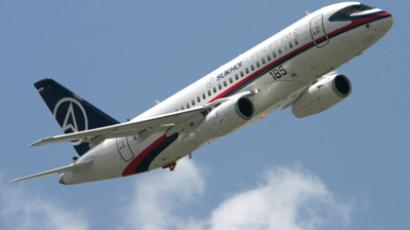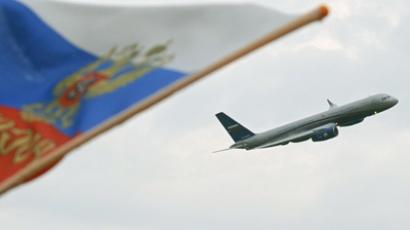Air carriers consider ways to avoid carbon tax
The EU's initiative to charge international airlines for carbon emissions became an unpleasant surprise for air carriers, fearing it would increase costs. Now they have come to Moscow to discuss ways of opposing the EU move.
Last year the European Emissions Trading Scheme (ETS) required all airlines flying over the EU territory to pay for the carbon dioxide created during the flight. The scheme will be implemented gradually: by April 1, 2013 carriers will have to pay only 15% in EU Carbon tax. By 2020 the emission quotas will rise to 18%.The members of International Air Transport Association, which unites major passenger and cargo airlines from 43 countries, believe the new regulation will affect passengers in the first instance, as air carriers will have to raise tickets prices to cover additional spending. “The airline industry already pays enormous taxes that are supposed to cover the environment. That’s the airline perspective, but there’s also another perspective,” says Perry Flint from IETA. “Outside of the airline industry, a number of states see this as an infringement of their sovereignty because the ETS charges cover the entire flight, not just the portion of the flight that takes place over EU airspace.”Russia, China, the US and some other countries believe it is unfair to impose the carbon tax on a regional basis. They stress the system should be revised, while China has already banned its air carriers from joining the ETS.Meanwhile the ETS plans to fine airlines which do not comply with the new tax at a rate of 100 euro per tonne, and even prohibit them from flying to the EU.














